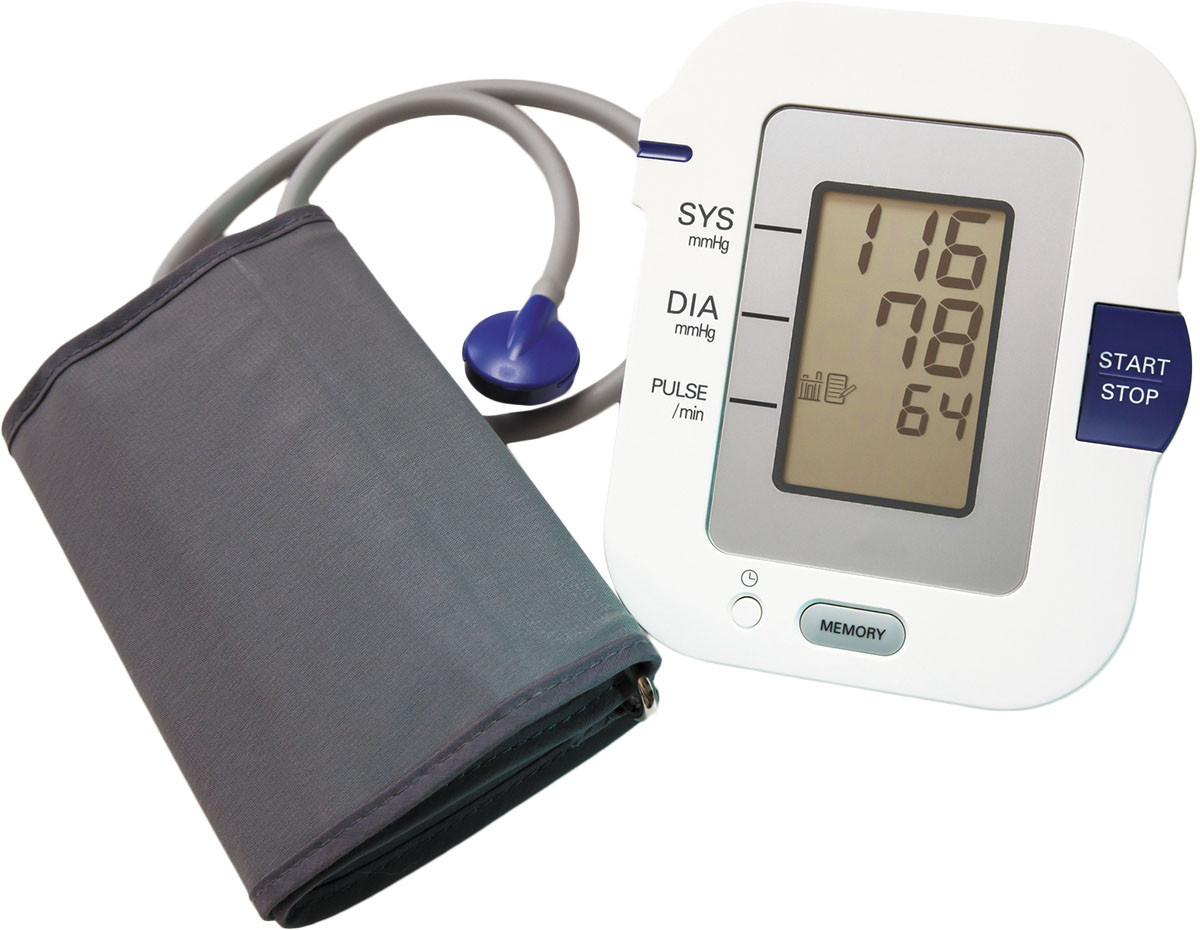
Trying to lose weight? Be careful not to lose muscle

Is your skin problem actually an autoimmune condition?

People with diabetes face higher risk of hearing loss

Antibiotic-free fixes for recurrent UTIs

Musculoskeletal syndrome of menopause: When menopause makes you ache all over

When can older women stop getting mammograms?

To lose weight, especially harmful belly fat, combine diet and exercise

Can men hold off on treating recurring prostate cancer?

The 7 types of rest and why we need them all

What are the early warning signs of cervical cancer?
Medical Devices & Technology Archive
Articles
Continuous glucose monitors (CGMs) for type 2 diabetes: When and for whom are they useful?
Continuous glucose monitors, or CGMs, offer valuable and accurate insights into blood sugar levels. But it's important to understand who CGMs are most appropriate for.
Smartphone-based mall walking program may boost step counts
A 2024 study found that a smartphone-based mall walking program may motivate people—especially women and older adults—to walk more.
Device of the month: Body-weight scale
Compared with analog scales, digital scales are more accurate and easier to read. Many smart scales include added features such as smartphone connectivity and body composition estimates.
Bad bedfellows
The use of sleep tracking devices is increasing, but using a sleep tracker can contribute to anxiety and insomnia. Data from the device can influence how a person feels after awakening, even if the data aren't accurate. Sleep trackers can make people more aware of their sleep patterns and potentially help identify sleep disorders, but the data generated can be confusing and lead people to ignore how they feel after sleeping. A special form of cognitive behavioral therapy called CBTi is designed to improve insomnia and anxiety around sleep.
CPAP machines and masks: Which ones are right for you?
Continuous positive airway pressure (CPAP) is a first-line treatment for people with obstructive sleep apnea. The CPAP keeps the airway open by pushing a forceful stream of air through a tube and into a mask worn during sleep. The air comes from a small bedside pump (an air compressor). Other forms of positive airway pressure (PAP) may be helpful for people with central sleep apnea. Doctors determine which type of PAP therapy and device someone needs. Patients select the type of PAP mask to use with the system.
The latest in medical alert systems
Some medical alert systems now have advanced technology that integrates monitoring services with a smartphone, smart watch, or smart speaker. The services aren't cheap. They range from $20 to $50 per month, depending on the company and any additional services (such as fall detection). There may also be fees for activation and equipment (up to a few hundred dollars). The alternative is getting an alert system that isn't monitored, such as free "panic button" apps for smartphones or a smart watch that can notify relatives in an emergency.
Is your home blood pressure monitor accurate?
Many home blood pressure monitors are not validated for accuracy, which means there's no way to know if information they provide is correct. Relying on inaccurate measurements can affect decisions people make about medical treatment. Fortunately, reliable organizations have developed lists of blood pressure monitors that have demonstrated clinical accuracy. If a blood pressure monitor isn't listed, it's probably not validated.
What's the latest on wearables for finding atrial fibrillation?
Five smart watches capable of recording an electrocardiogram and detecting atrial fibrillation have been cleared for the market by the FDA. The devices can continuously monitor a person's pulse for an abnormally rapid heart rate and tell the wearer when to record an ECG, which involves opening an app and touching the side of the watch for 30 seconds. But it's not clear if using this feature can improve a person's health. There are many other ways to screen for afib. These strategies, which include simply checking one's pulse or wearing a heart monitor, depend on a person's afib risk and symptoms.
Can a smart watch detect early risks for certain heart problems?
A 2023 study suggests that the type of technology used in smart watches to measure the heart's electrical activity may have the potential to detect early signs of heart failure or atrial fibrillation.
Tips for getting used to over-the-counter hearing aids
For people who buy over-the-counter hearing aids, getting the devices is only a first step toward better hearing. It takes time to learn how to use, wear, and adjust the hearing aids, especially during the first two weeks. Tips to ease through this adjustment period include wearing devices at home for at least a few hours per day, and longer if possible; allowing soft sounds to be louder than normal at first; and learning to switch device settings for changes in environmental noise, such as going from a quiet street into a noisy restaurant.

Trying to lose weight? Be careful not to lose muscle

Is your skin problem actually an autoimmune condition?

People with diabetes face higher risk of hearing loss

Antibiotic-free fixes for recurrent UTIs

Musculoskeletal syndrome of menopause: When menopause makes you ache all over

When can older women stop getting mammograms?

To lose weight, especially harmful belly fat, combine diet and exercise

Can men hold off on treating recurring prostate cancer?

The 7 types of rest and why we need them all

What are the early warning signs of cervical cancer?
Free Healthbeat Signup
Get the latest in health news delivered to your inbox!
Sign Up











